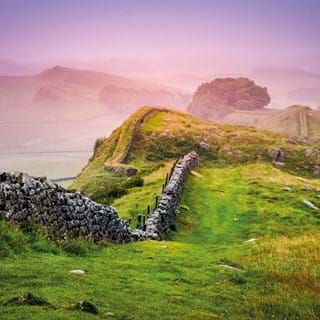
Iceland
Iceland, a Nordic island nation, is exemplified by its dramatic landscape with volcanoes, geysers, hot springs and lava fields. Enormous glaciers are protected in Vatnajökull and Snæfellsjökull national parks. The majority of the population lives in the capital, Reykjavik, which is powered by geothermal power and is home to the National and Saga museums, tracing Iceland’s captivating Viking history.
Iceland is a country of extreme geological contrasts. “The Land of Fire and Ice” has some of the largest glaciers in Europe as well as many of the world’s most active volcanoes. Short winter days with only a few hours of daylight are contrasted by long summer days with almost 24-hours of sunshine and the Midnight Sun phenomenon are the reasons Iceland is known as the land of light and darkness..
The hub of Icelandic culture is the Icelandic language, which has birthed a literary tradition dating back to the ancient Icelandic Sagas. These are tales of violent blood feuds, traditions and family. The first Vikings settled in Iceland late in the 9th century AD. Iceland is modern country, but evidence of its history and rich cultural heritage are still visible everywhere making it a must see on many people's wishlist.
Upcoming Departures
Visa:
UK: Not required for a stay up to 3 months in duration.
USA: Not required for a stay up to 90 days in duration
Currency:
Icelandic Krone
Packing advice:
The weather in Iceland can be extremely unpredictable, ranging from sunny to blizzard in a short space of time. The most important thing is to dress in layers. It is a good idea to have a small day pack with you, to store extra layers. Base layers, warm sweaters – wool or fleece. Outdoor trousers. Warm weather-proof jacket with hood. Sturdy boots, warm hat, scarf and gloves/mittens. Icelandic winters can be cold and windy so these simple items are an absolute must but summers can be cool too.
Cultural differences:
Icelanders commonly only have one name, such as Björk. Family names or surnames in Iceland are rare and mainly from Danish descent. Icelanders love to cover their food in sauce. Gravy, dipping sauces, condiments. There is a sauce for everything. Whilst the meat, fish and vegetables are to a great standard, they love to cover it in a dressing. Despite freezing and stormy weather, Icelanders are known to have a barbecue in any season, come rain or shine. It's not unusual to see mothers or fathers meeting up with their friends in cafés, and leaving their baby in the pram outside when they do so. It is just as common to see babies left in open gardens, or on porches. This is so the baby can sleep in the fresh air, which can only do it good, and the parents can get on with what they want to without waking them. It is born of a time when Icelanders lived in turf huts and it was to protect the babies from the smoke.
Language:
Icelandic
Tipping:
Tipping is practically unheard of in Iceland because their bills are generally all-inclusive. A 15% service charge is normally automatically added to restaurant bills. Tipping extra is at your discretion, but don’t leave more than 10%. Alternatively, you can round up to the next whole amount. The general ‘no-tipping’ rule is also applicable to bars. Andante Travels will take care of gratuities to restaurant staff, local guides and drivers.
 GB
GB
 US
US



